When Do Babies Start to Recognize and Remember Their Mothers After Delivery?
 01 September,2025
Read More
01 September,2025
Read More
Enquire now in case of any assistance needed
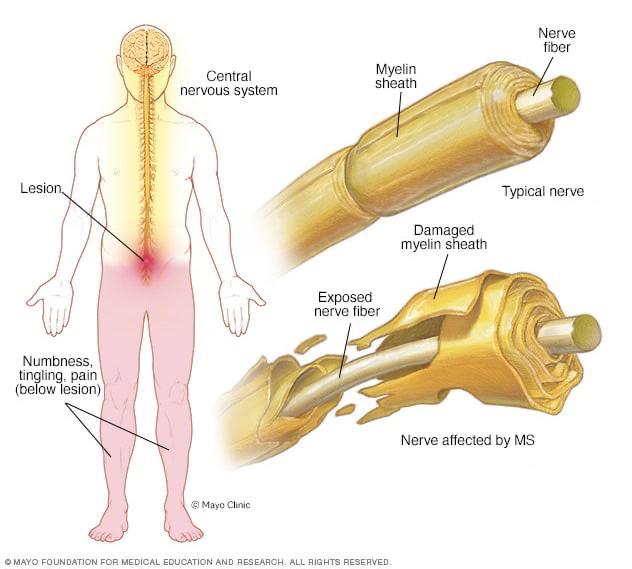
 24 August,2025
24 August,2025
MS Explained: Damage to Nerve Protection and Its Impact on the Body
Multiple sclerosis
Multiple sclerosis is a disease that causes breakdown of the protective covering of nerves. Multiple sclerosis can cause numbness, weakness, trouble walking, vision changes and other symptoms. It's also known as MS. In MS, the immune system attacks the protective sheath that covers nerve fibers, known as myelin. This interrupts communication between the brain and the rest of the body. Eventually, the disease can cause permanent damage of the nerve fibers.
Symptoms of MS depend on the person, the location of damage in the nervous system and how bad the damage is to the nerve fibers. Some people lose the ability to walk on their own or move at all. Others may have long periods between attacks without any new symptoms, called remission. The course of the disease varies depending on the type of MS.
There's no cure for multiple sclerosis. However, there are treatments to help speed the recovery from attacks, modify the course of the disease and manage symptoms.
Types
Some conditions are classified as stages, but multiple sclerosis is classified as types. MS types depend on the progression of symptoms and frequency of relapses. Types of MS include:
Relapsing-remitting MS
Most people with multiple sclerosis have the relapsing-remitting type. They experience periods of new symptoms or relapses that develop over days or weeks and usually improve partially or completely. These relapses are followed by quiet periods of disease remission that can last months or even years.
Secondary-progressive MS
At least 20% to 40% of people with relapsing-remitting multiple sclerosis can eventually develop a steady progression of symptoms. This progression may come with or without periods of remission and happens within 10 to 40 years of disease onset. This is known as secondary-progressive MS.The worsening of symptoms usually includes trouble with mobility and walking. The rate of disease progression varies greatly among people with secondary-progressive MS.
Primary-progressive MS
Some people with multiple sclerosis experience a gradual onset and steady progression of signs and symptoms without any relapses. This type of MS is known as primary-progressive MS.
Clinically isolated syndrome
Clinically isolated syndrome refers to the first episode of a condition that affects the myelin. After further testing, clinically isolated syndrome may be diagnosed as MS or a different condition.
Radiologically isolated syndrome
Radiologically isolated syndrome refers to findings on MRIs of the brain and spinal cord that look like MS in someone without classic symptoms of MS. Symptoms Multiple sclerosis symptoms vary depending on the person. Symptoms may change over the course of the disease depending on which nerve fibers are affected.
Common symptoms include:
Numbness or tingling.
Electric-shock sensations that happen with certain neck movements, especially bending the neck forward. This sensation is called Lhermitte sign.
Lack of coordination.
Trouble with walking or not being able to walk at all.
Weakness.
Partial or complete loss of vision, usually in one eye at a time. Vision loss often happens with pain during eye movement.
Double vision.
Blurry vision.
Dizziness and a false sense that you or your surroundings are moving, known as vertigo.
Trouble with sexual, bowel and bladder function.
Fatigue.
Slurred speech.
Troubles with memory, thinking and understanding information.
Mood changes.
Small increases in body temperature can temporarily worsen symptoms of MS. These aren't considered true disease relapses but pseudorelapses. CausesThe cause of multiple sclerosis is not known. It's considered an immune-mediated disease in which the body's immune system attacks its own tissues. In MS, the immune system attacks and destroys the fatty substance that coats and protects nerve fibers in the brain and spinal cord. This fatty substance is called myelin.Myelin can be compared to the insulation coating on electrical wires. When the protective myelin is damaged and the nerve fiber is exposed, the messages traveling along that nerve fiber may be slowed or blocked.It isn't clear why MS develops in some people and not others. A combination of genetics and environmental factors may increase the risk of MS.
Risk factors
Factors that increase the risk of multiple sclerosis include:
Age. MS can happen at any age. However, onset most commonly happens between 20 and 40 years of age.
Sex. Women are 2 to 3 times more likely than men to have relapsing-remitting MS.
Family history. If one of your parents or siblings has had MS, you are at higher risk of developing the disease.
Certain infections. A variety of viruses have been linked to MS, including Epstein-Barr. Epstein-Barr is the virus that causes infectious mononucleosis.
Race. People with white skin, particularly those of Northern European descent, have the highest risk of developing MS. People of Asian, African or Native American descent have the lowest risk. A recent study suggests that the number of Black and Hispanic young adults with multiple sclerosis may be greater than previously thought.
Climate. MS is far more common in places with temperate climates. These include Canada, the northern United States, New Zealand, southeastern Australia and Europe.
Vitamin D. Having low levels of vitamin D and low exposure to sunlight is linked to a greater risk of MS. Your birth month also may affect the chances of developing MS. This has to do with levels of sun exposure when a mother is pregnant.
Obesity. People who are obese or were obese in childhood have an increased risk of multiple sclerosis.
Certain autoimmune diseases. You have a slightly higher risk of developing MS if you have other autoimmune conditions. These may include thyroid disease, pernicious anemia, psoriasis, type 1 diabetes or inflammatory bowel disease.
Smoking. People who smoke have a higher risk of relapsing-remitting MS than people who don't smoke.
Gut microbiome. People with MS may have a different gut microbiome than people who don't have MS. More research is needed to understand this connection.
Complications
Complications of multiple sclerosis may include:
Mood changes, such as depression, anxiety or mood swings.
Muscle stiffness or spasms.
Seizures, though they are very rare.
Severe weakness or paralysis, typically in the arms or legs.
Trouble with bladder, bowel or sexual function.
Trouble with thinking and memory.
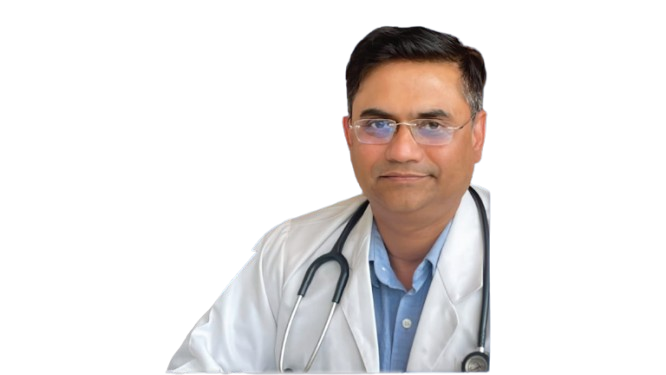
Senior Consultant
Medicine Specialist
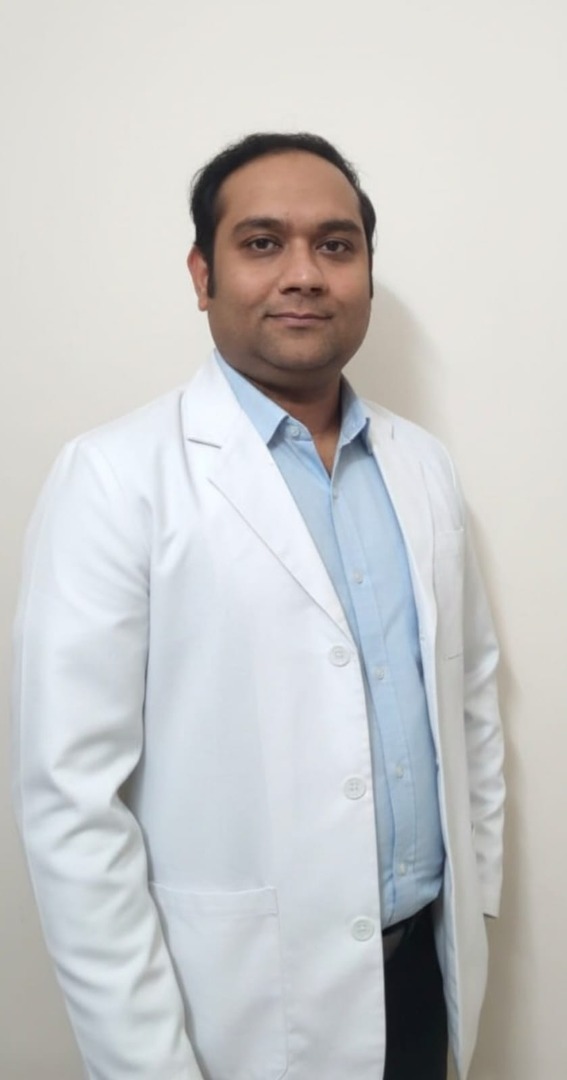
Senior Consultant
Neurologists
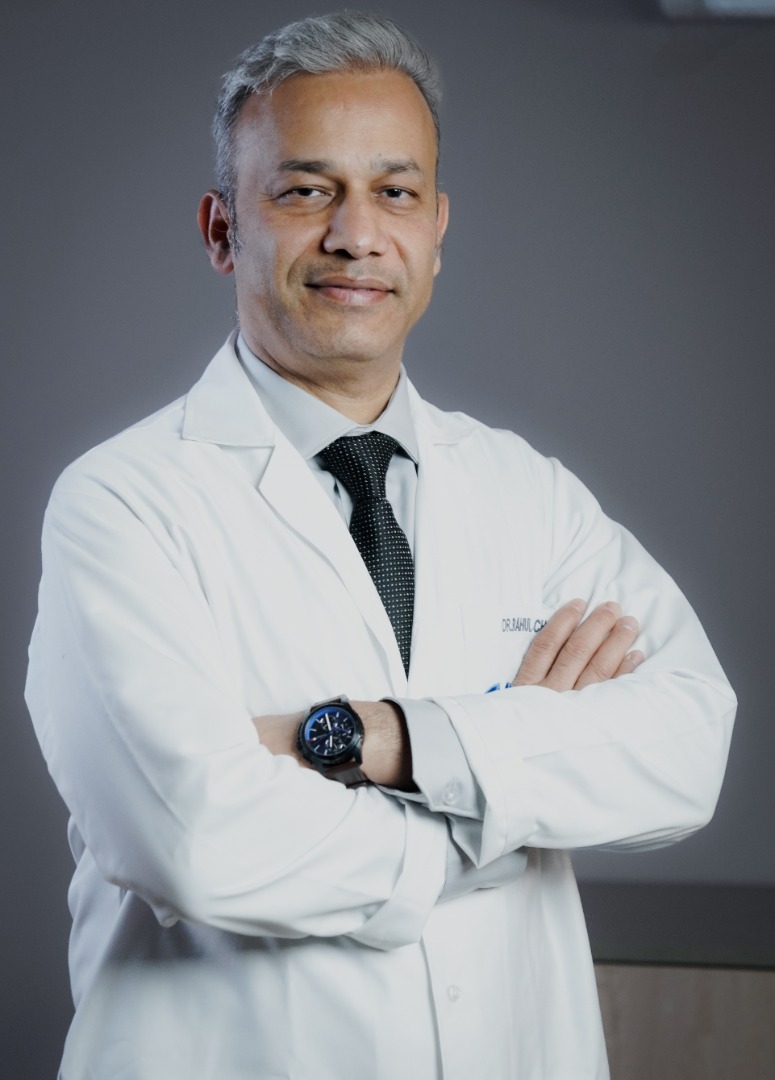
Chief
Cardiothoracic and Vascular Surgeons
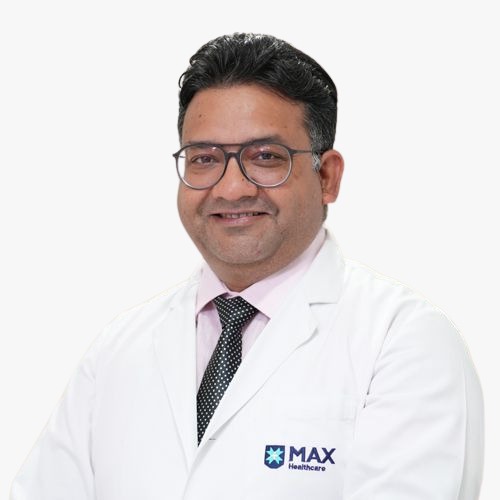
Director
Nephrologist
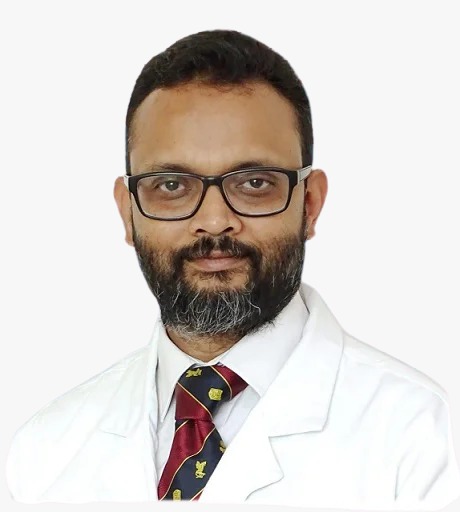
Consultant
Orthopedic and Joint Replacement Surgeons
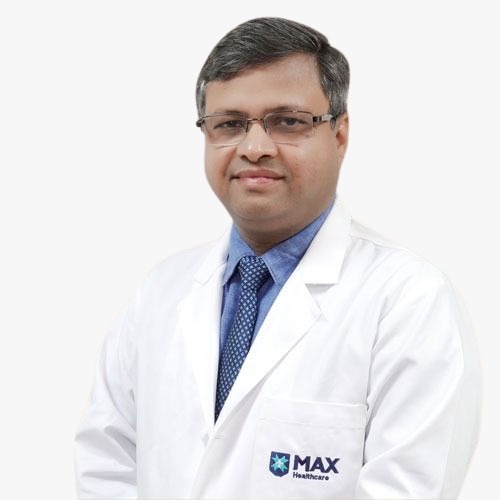
Director
Neurologists

Senior Consultant
Medical Oncologists
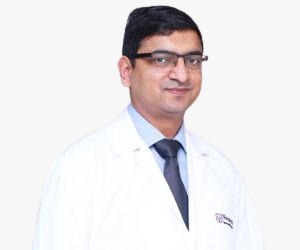
Head of Department (HOD)
Liver Transplant Surgeons
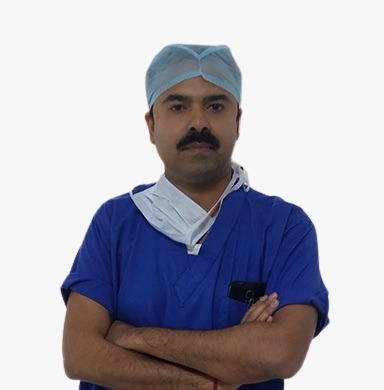
Head of Department (HOD)
Urologist
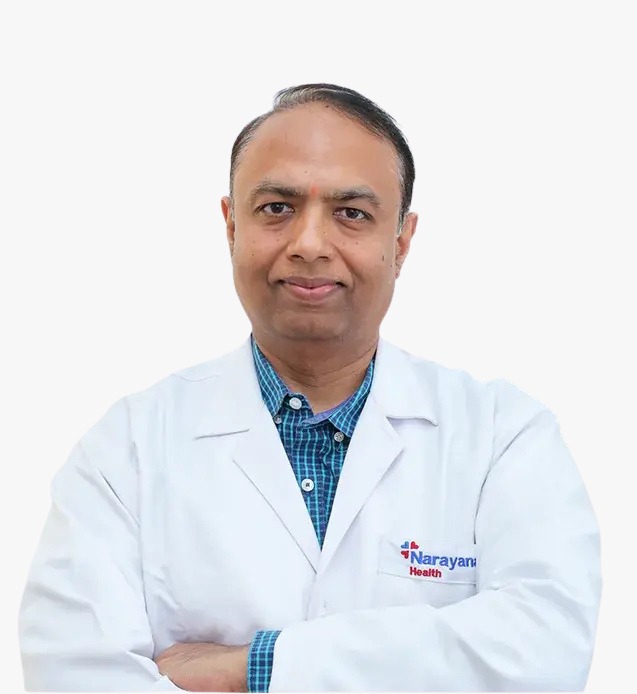
Head of Department (HOD)
Urologist
Fill up the form and get assured assitance within 24 hrs!
The Art of Effective Communication
 01 September,2025
Read More
01 September,2025
Read More
 01 September,2025
Read More
01 September,2025
Read More
 01 September,2025
Read More
01 September,2025
Read More
 01 September,2025
Read More
01 September,2025
Read More
 01 September,2025
Read More
01 September,2025
Read More
 31 August,2025
Read More
31 August,2025
Read More
 31 August,2025
Read More
31 August,2025
Read More
 31 August,2025
Read More
31 August,2025
Read More
 31 August,2025
Read More
31 August,2025
Read More
 31 August,2025
Read More
31 August,2025
Read More
Trusted by Patients
"I am Asim from Bangladesh and was looking for treatment in India for neuro. I visited many websites to get the complete information regarding the treatment but I was not satisfied as I was getting confused. In the meanwhile, one of my friends suggested I seek help from MyoPlus as he experienced his medical journey very smoothly and was satisfied with it. They have filtered the top 10 doctors as per experience, the success rate of surgery & profile, so it helps us to choose the best treatment in India. "
"For my knee surgery, MyoPlus guided me to BLK Hospital where I received exceptional care. The team's support and the expertise at BLK Hospital exceeded my expectations. Thank you MyoPlus for making my medical journey stress-free. "
"I came from Iraq for my granddaughter's eye surgery in India facilitated by MyoPlus, due to critical cases they advised us to get a second opinion from the different hospitals before going to surgery. Finally, we went to Fortis Escort Hospital, which helped us to get more confidence for diagnosis. Fortis Escort Hospital has the best eye surgeon team with the latest instruments. Thanks to all team members for providing a high-quality treatment in India at an affordable cost. "
"I came for my hair transplant in India, before coming I was so confused about choosing the best clinic and surgeon for me. But thanks to God one of my friends had a hair transplant in India through MyoPlus. He recommended me to go with them. I am completely happy with my experience with them. They were always very fast in their responses to me. the success rate of my hair transplant surgery is 100%."
"Artemis Hospital, suggested by MyoPlus, turned out to be a great choice for my treatment. The personalized assistance and medical care were exceptional. I'm grateful to MyoPlus for guiding me to a hospital that perfectly matched my needs. Highly recommended! "
"I came from Afghanistan for my treatment in India at Jaypee Hospital, Noida. I had a fantastic experience with MyoPlus. Kudos to them for their incredible support during my medical journey. They not only took care of all the logistics but also connected me with a fantastic healthcare team. Efficient, caring, and highly recommended for a hassle-free medical tourism experience."
"I am Adam from Kano, Nigeria, one of my friends from Nigeria was facilitated by MyoPlus, and he recommended us to go with them. I sent my all reports to them and within 48 hours they reverted with 4 options from different hospitals. They helped me to get a Visa letter from the hospital, arrange pick-up from the airport, and book a hotel for me. Their team is very honest and throughout our stay in India they are with us they are caring for us like his family members. BLK Hospital is the best hospital in India with a top surgical oncologist surgeon team, a very advanced OT, and a Radiotherapy department. I wish more success to MyoPlus. "
"Great experience at the Max Hospital for my spine surgery and was successfully done. I thank my neurosurgeon and his entire team. I recommended all of my country's people to MyoPlus for treatment in India, they choose the best hospital, the best doctors, and the best cost for patients."
"I came to India from Dhaka, Bangladesh for my father-in-law's cardiac surgery at Fortis Hospital. I was confused about choosing the best surgeon for him before coming, but their team helped me to choose the best hospital and best cardiac surgeon in India with very good cost and 100% success rate of surgery. I am very happy with the services, really they make my journey so comfortable that make me feel at home. Thanks again and I like people to choose "MyoPlus" as your travel guide. "
"I am Mohammad from Bangladesh came to India for my general health checkup. MyoPlus offers me the complete package including Pick-up from the airport, hotel services, and 24-hour assistance. They guide you to choose the best hospital in India, the best cost of treatment with top-most doctors and give you complete information about hotel booking, and pick-up from the airport before coming to India They have the best team to help. Always choose MyoPlus for your treatment in India."